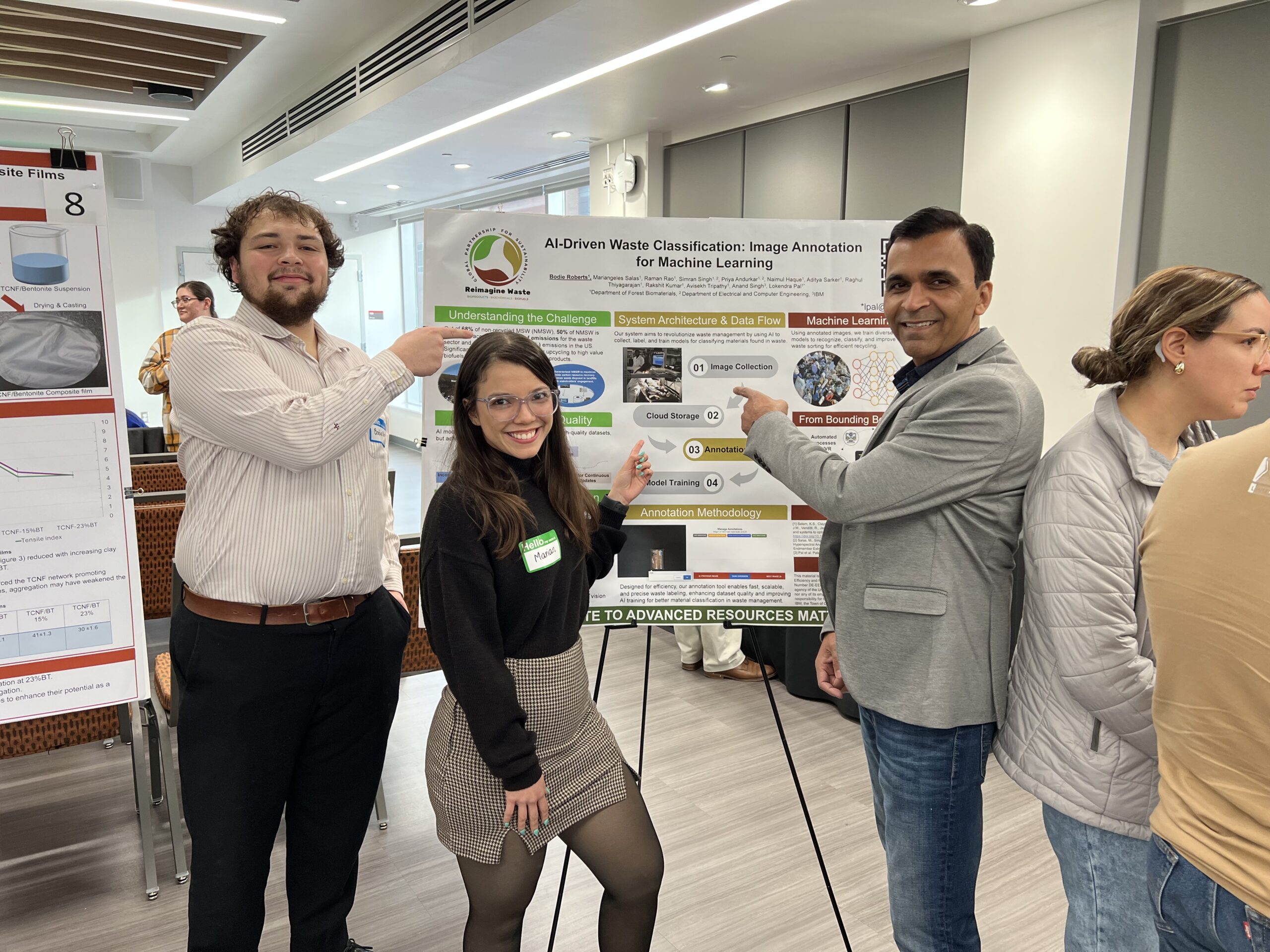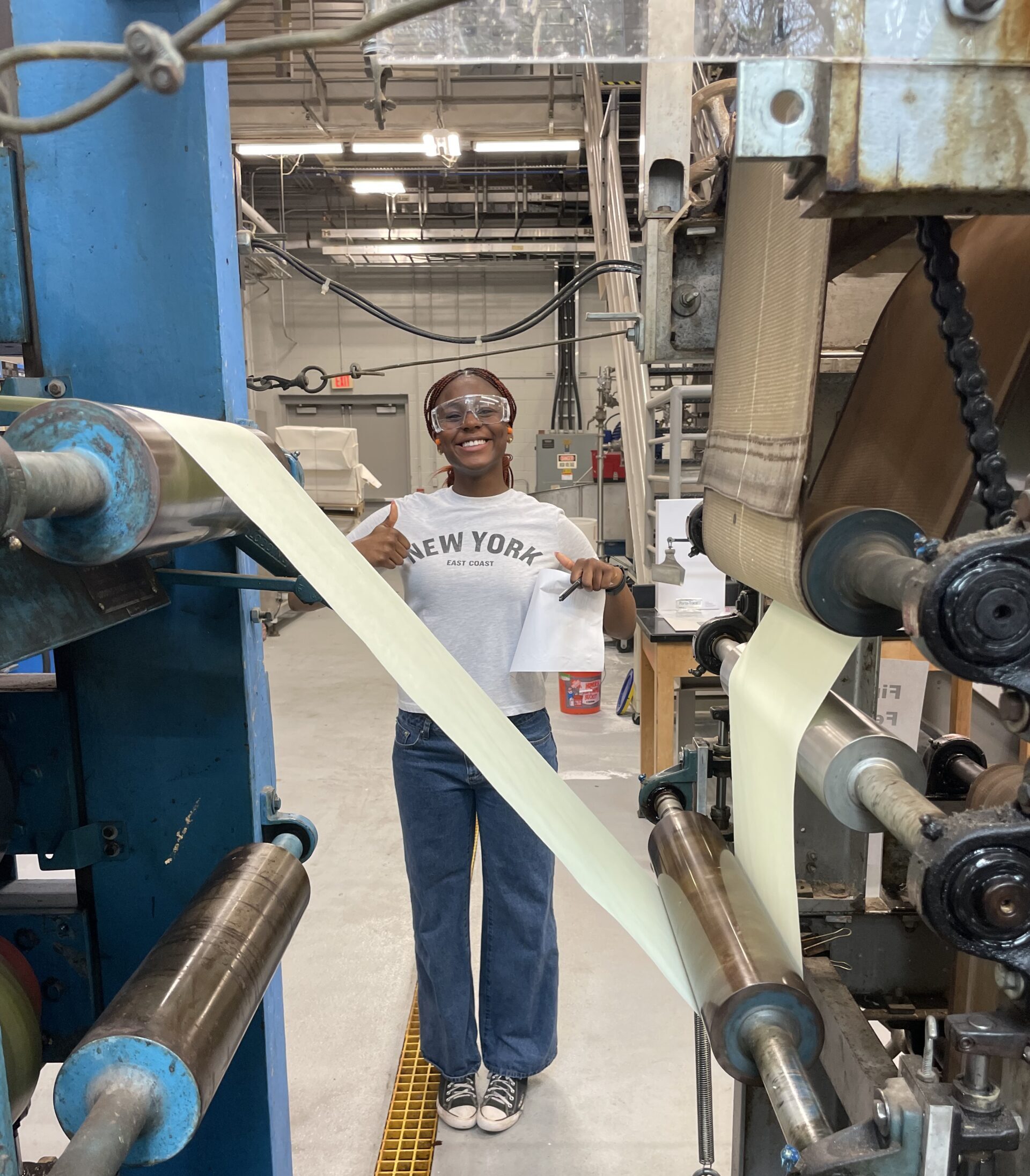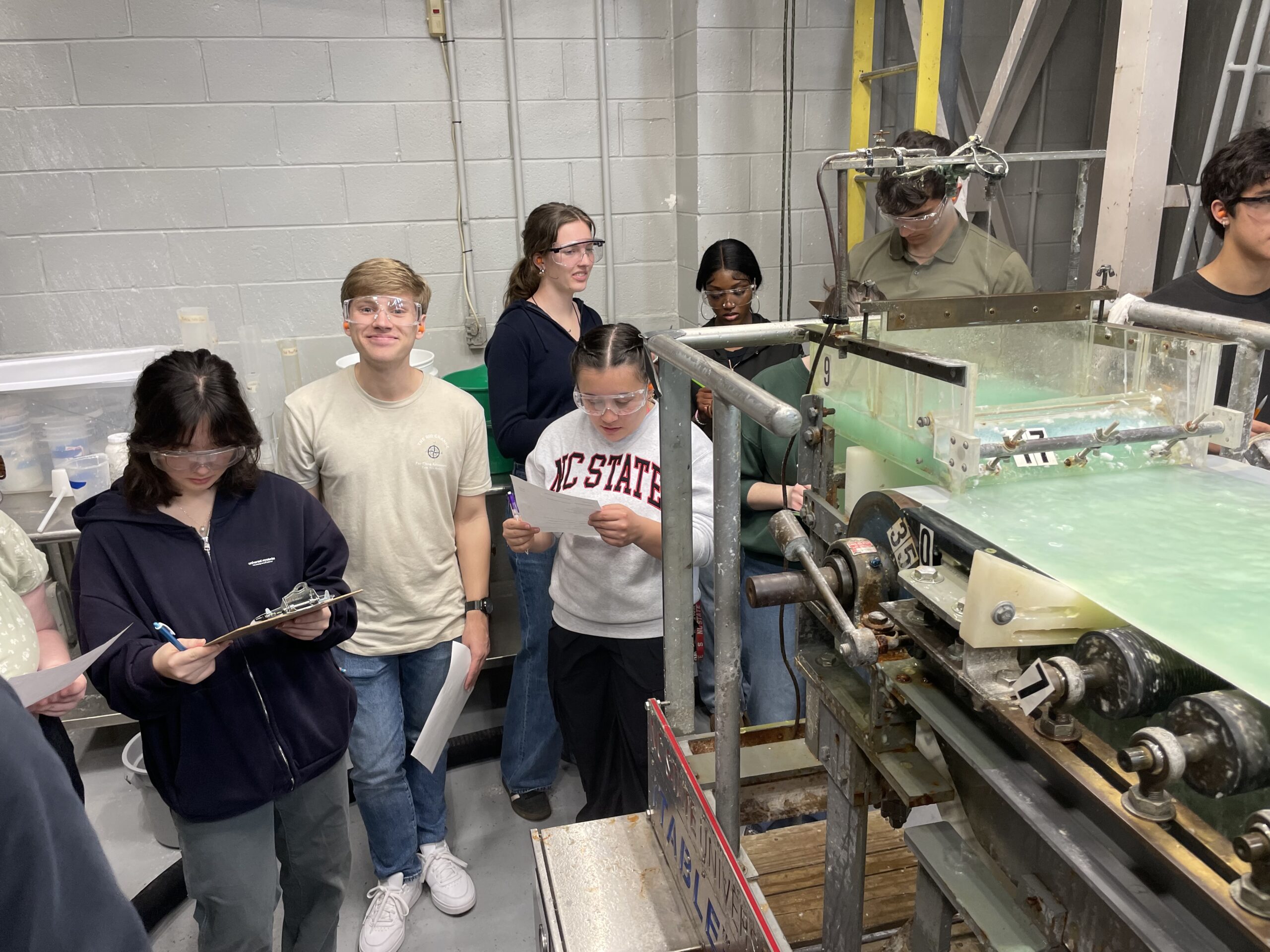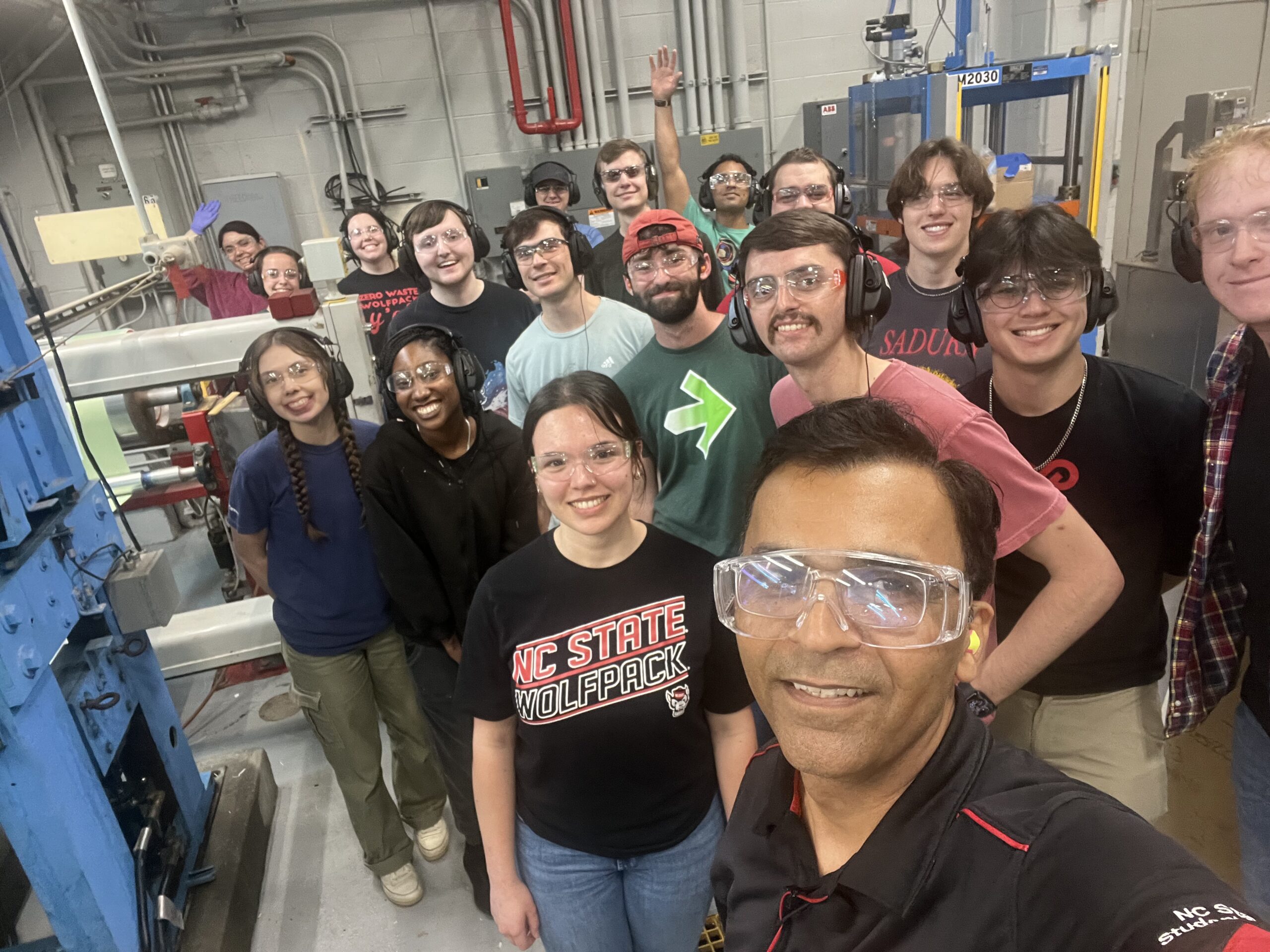Teaching
Embracing NC State's "Think and Do" and Equipping Students With Skills Necessary to Thrive in a Global, Evolving World
Interdisciplinary Learning
Dr. Pal considers himself a facilitator of learning and looks forward to working with students to help develop essential skills for great success in their future jobs.
He is a dedicated educator and researcher, recognized for his excellence in teaching and mentorship, earning the Outstanding Teacher Award in 2022. He has published over 85 peer-reviewed papers, co-authored 51 patents, and was named an NC State Faculty Scholar and TAPPI Fellow for his contributions to materials science and industrial advancements.
As the Director of the Paper Pilot Plant-Smart Manufacturing Innovation Center (P3-SMIC) and Co-founder of the Tissue Pack Innovation Lab, he leads transformative research in sustainable biomaterials, flexible electronics, and intelligent packaging. His interdisciplinary approach is shaping the future of eco-friendly innovation.

Undergraduate Studies

Mentorship

Workshops & Short Courses
Teaching Method: DRIVE
DELIVER challenging, interesting and useful bodies of knowledge
REMOVE roadblocks by providing tools, training and mentorship
INCORPORATE innovation for students to compete globally
VALUE self-learning, critical thinking and diversity
ENGAGE, motivate and collaborate to create a fun learning experience
Dr. Pal admires Thomas Edison’s personality traits as an inventor and innovator. His favorite book is “Innovate Like Edison” by Michael Gelb and Sarah Miller Caldicott.
